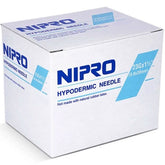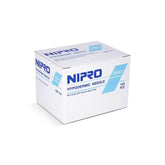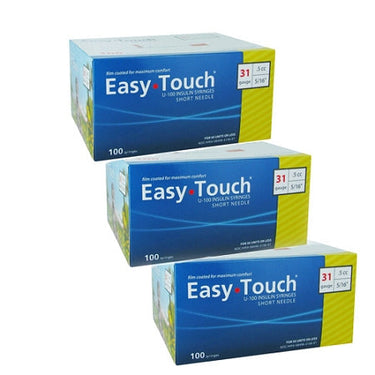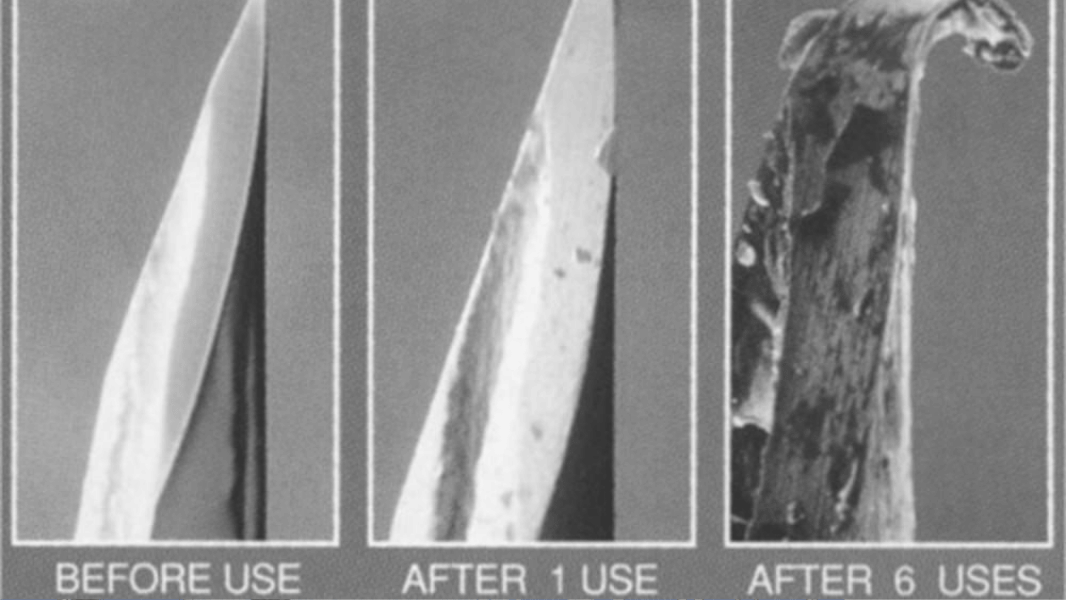Understanding the risks of reusing syringe needles is crucial for maintaining health and safety. Many people may think that reusing a needle is economical or convenient, but this misconception can lead to severe health consequences. Proper knowledge about needle usage can prevent numerous health issues and ensure safe practices.
This article aims to provide a clear, evidence-based discussion on why syringe needles should not be reused. By addressing the health risks, safety guidelines, and best practices, we hope to shed light on the importance of using a new needle for every injection.
Risks of Reusing Syringe Needles
Reusing syringe needles can lead to significant health risks that are often underestimated. These risks include infection, needle dullness, and tissue damage, all of which can have serious consequences.
Infection Risk
Reusing needles can introduce bacteria, viruses, and other pathogens into your body. Even if the needle appears clean, harmful microorganisms can still be present. This can lead to infections like HIV, hepatitis, and various bacterial infections, which can have serious or even fatal consequences.
For example, using a non-sterile needle can cause infections such as abscesses or cellulitis, which require medical treatment. In more severe cases, bloodborne pathogens like HIV and hepatitis B or C can be transmitted, leading to chronic health issues.
Needle Dullness and Tissue Damage
Needles become dull after a single use, which increases the pain and discomfort during subsequent injections. A dull needle can cause tissue damage and bruising, making the injection process more traumatic for the user.
Moreover, a dull needle may not penetrate the skin and tissue as effectively, leading to improper delivery of medication. This can reduce the effectiveness of treatments and result in complications that could have been avoided with a new, sharp needle.
Cross-Contamination Concerns
Cross-contamination is another major concern when it comes to reusing syringe needles. The potential for pathogens to transfer from surfaces or skin to the needle is high, posing a significant health risk.Pathogen Transfer
Reused needles can pick up contaminants from surfaces or skin, leading to cross-contamination. When a contaminated needle is used again, it can transfer pathogens directly into the bloodstream, increasing the risk of infection.
The dangers of cross-contamination are significant, especially in medical settings where hygiene is paramount. Even in non-medical scenarios, such as home use for insulin injections, the risk of transferring harmful bacteria or viruses is high.
Case Studies and Examples
There are numerous real-world examples of infections and complications resulting from needle reuse. For instance, outbreaks of hepatitis C in certain clinics have been traced back to the reuse of contaminated needles and syringes.
These cases highlight the critical need for adhering to strict single-use guidelines. The consequences of not doing so can be severe, affecting not only individual health but also public health on a broader scale.
Sterility and Safety
Maintaining the sterility of needles is essential for safe injection practices. Once a needle has been used, its sterility is compromised, leading to potential health risks.Maintaining Sterility
Once a needle has been used, it is no longer sterile. Sterility is compromised immediately after the needle is exposed to air, skin, or any surface. Proper sterilization methods outside a professional setting are challenging and risky, often failing to achieve the necessary levels of cleanliness.
The importance of needle sterility cannot be overstated. Using a sterile needle for each injection ensures that no pathogens are introduced into the body, maintaining the safety and efficacy of the injection process.
Health Guidelines and Recommendations
Health organizations like the CDC and WHO emphasize the importance of using a new, sterile needle for each injection. These guidelines are designed to protect individuals from the risks associated with needle reuse and to maintain high standards of hygiene and safety.
Following these guidelines is crucial for preventing infections and ensuring the safe administration of medications. Adhering to recommended practices helps protect both the individual and the broader community from health risks.
Practical and Safe Alternatives
There are practical and safe alternatives to reusing needles that should be considered to maintain health and safety. Using new needles and following proper disposal methods are essential practices.
Using New Needles
Advocating for the use of new, sterile needles for each injection is essential. While single-use needles may seem more expensive, the costs associated with treating infections and complications from needle reuse far outweigh the initial savings.
Access to affordable, single-use needles is crucial. Many health organizations and community programs provide resources to help individuals obtain the necessary supplies, ensuring safe injection practices.
Proper Disposal Methods
Proper disposal of used needles is essential to prevent needle-stick injuries and environmental contamination. Using sharps containers and participating in community disposal programs can ensure that used needles are disposed of safely and responsibly.
Educating individuals on the importance of proper disposal methods helps reduce the risk of injuries and infections. It also promotes environmental responsibility, preventing used needles from posing a hazard to others.
Addressing Common Concerns
Addressing common concerns about the cost and environmental impact of single-use needles is important for promoting safer practices. Solutions and resources are available to mitigate these concerns.
Cost and Accessibility
Concerns about the cost of using new needles for each injection are valid, but there are resources available to help. Many community health programs provide affordable or free needles to ensure safe practices.
Accessibility to single-use needles is a priority for public health organizations. By providing affordable options and education on safe practices, these organizations help mitigate the financial burden and promote health and safety.
Environmental Impact
The environmental impact of single-use needles is a concern, but responsible disposal methods can mitigate this. Recycling programs and the use of sharps containers help ensure that used needles do not pose an environmental hazard.
Promoting environmentally responsible practices, such as participating in community disposal programs, can address these concerns. Ensuring that needles are disposed of properly helps protect both public health and the environment.
Don't Reuse Syringes
Reusing syringe needles is dangerous due to the risks of infection, tissue damage, and cross-contamination. Using a new needle for each injection is crucial to maintaining safety and effectiveness. Health guidelines universally recommend single-use needles to ensure high standards of hygiene and safety.
Following these practices is essential for protecting yourself and others from serious health risks. By adhering to recommended guidelines and using proper disposal methods, you can contribute to a safer, healthier community.






